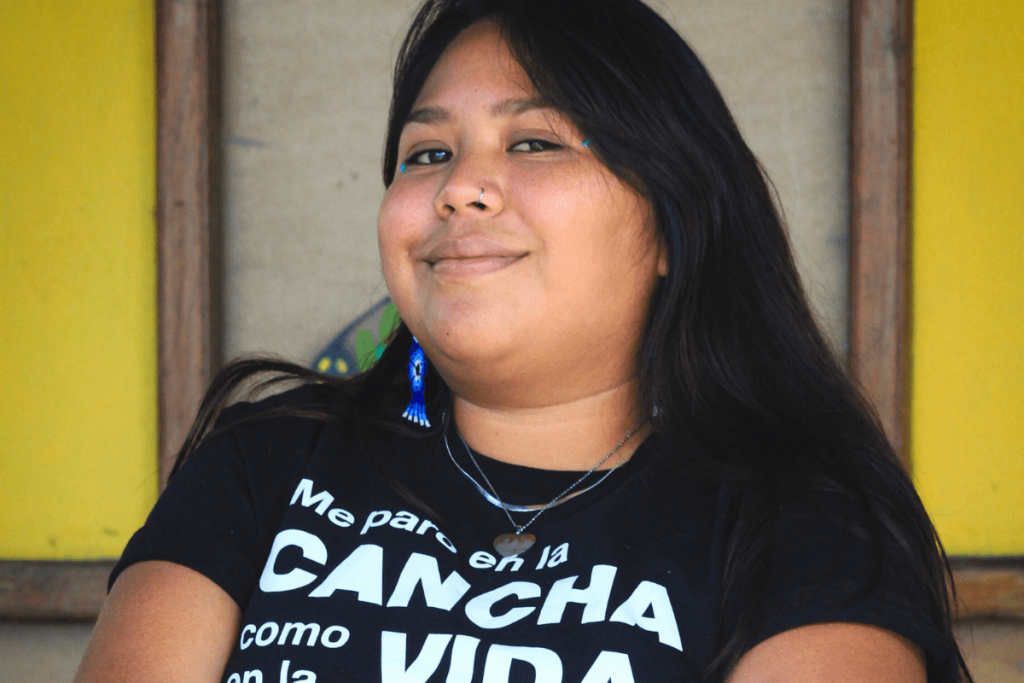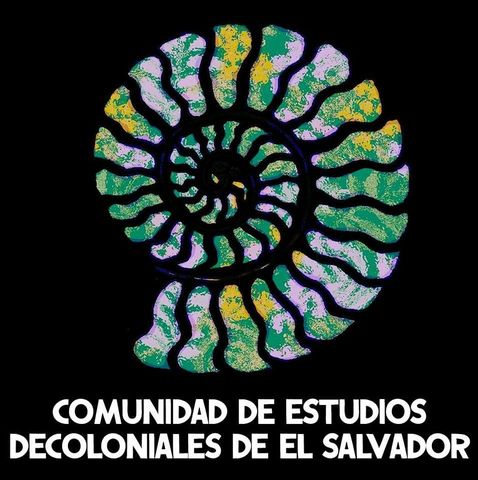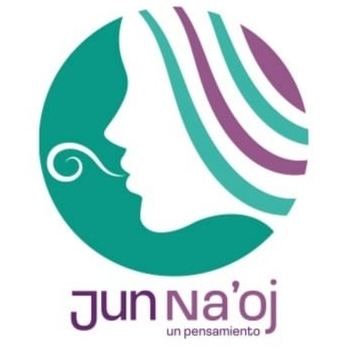In a region where gender inequalities and gender-based violence are very marked, lommunity and feminist media are essential for the empowerment of women and marginalised communities. These media not only inform, but they also educate and mobilise the population on crucial issues such as human rights, gender equality, social justice and democracy.
Community Radio connects rural and urban communities, The project is designed to provide vital information and encourage citizen participation.
Feminist Media addresses gender issues from a critical perspective, challenging traditional and patriarchal narratives. These spaces enable women and other excluded groups to narrate their own stories and experiences.
For Calala, supporting these groups and recognising the diverse voices and knowledge of collectives is fundamental to building more just and equitable societies. By strengthening the creators of decolonial narratives and content, we drive deep and sustainable change and contribute to the creation of a world where all voices are heard and valued.

Strengthen technical communication skills of indigenous, Afro-descendant and feminist activists.
From a perspective of recovery and healing of the body-earth territory, promote community knowledge.
They help to increase the political and social participation of indigenous women y people in the community LGTBIQ+
They work for the historical reparation and decolonial justice.
They promote the effective participation of women indigenous and mestizo women in the media.
Favour artistic and cultural spaces diverse.

Community of Decolonial Studies of El Salvador
They seek to weave community from difference with a commitment to the decoloniality of knowledge as a practice of resistance to the current system of death. This group claims the need to healing the multiple historical violences we carry in our bodies for the recovery of their vital potency. At each meeting they build “a knowledge that has been woven together”.”. Looking from the joy of the “making community”.” outside the practices imposed by colonialism, capitalism and patriarchy.

Feminist magazine La Brújula
This Salvadoran feminist media provides an alternative to key information to combat machismo in the hegemonic and traditional media and to put issues related to abortion, sexual diversity and gender-based violence on the agenda. Their vision is to be a media reference on political, social and cultural issues from a feminist perspective that contributes to the construction of a just and egalitarian society.

Jun Na'oj Network of Indigenous Women Communicators
Whose name in Kaqchikel language translates as A thought, was created in 2017, and is a political commitment to the effective participation of indigenous and mestizo women through radio. The network of women communicators Jun Na'oj, promotes the participation of women to generate proposals, opinion, debate and reflection. of the existing problems in the country, generating a intergenerational and intercultural and human communication, by means of radio.